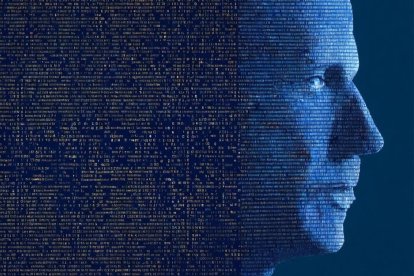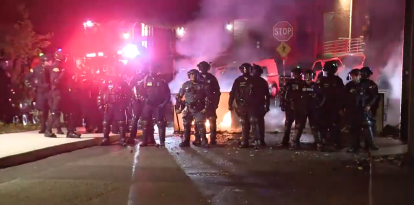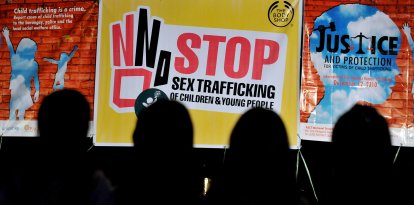UNESCO reports that several AIs promote antisemitism and Holocaust denial
A study by the United Nations agency for education and culture ensures that artificial intelligence text generators favor misinformation.

( Imagen generada a través de la inteligencia artificial Lexica)
A new study by UNESCO, the United Nations agency for culture and education, warns about the dangers that lie in artificial intelligence, which according to the organization, promote Holocaust denial and antisemitic narratives.
The organization's report, headed by Audrey Azoulay, was presented Tuesday and accompanied by a statement in which the director general of UNESCO warns of the risks posed by A.I. when it comes to spreading antisemitic reports.
"If we allow the horrific facts of the Holocaust to be diluted, distorted or falsified through the irresponsible use of AI, we risk the explosive spread of antisemitism and the gradual diminution of our understanding about the causes and consequences of these atrocities. Implementing UNESCO’s Recommendation on the Ethics of AI is urgent so that younger generations grow up with facts, not fabrications," Azoulay said in an official statement on the matter.
The new report from the United Nations organization was prepared in collaboration with the World Jewish Congress. The study warns that younger generations are especially vulnerable, as 80% of these groups use artificial intelligence.
UNESCO focused on some text generation applications such as Chat-GPT and Gemini, from Alphabet. It claims that ChatGPT invented the concept of "Holocaust by drowning," according to which the Nazis massively drowned Jewish people in lakes and rivers during World War II. These are pure inventions without historical foundation, criticized UNESCO.
RECOMMENDATION





















